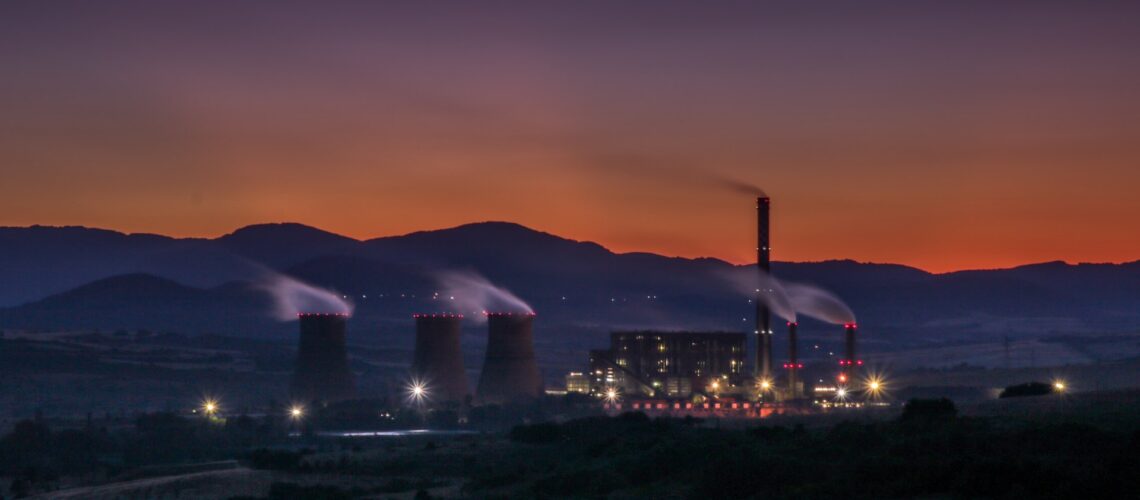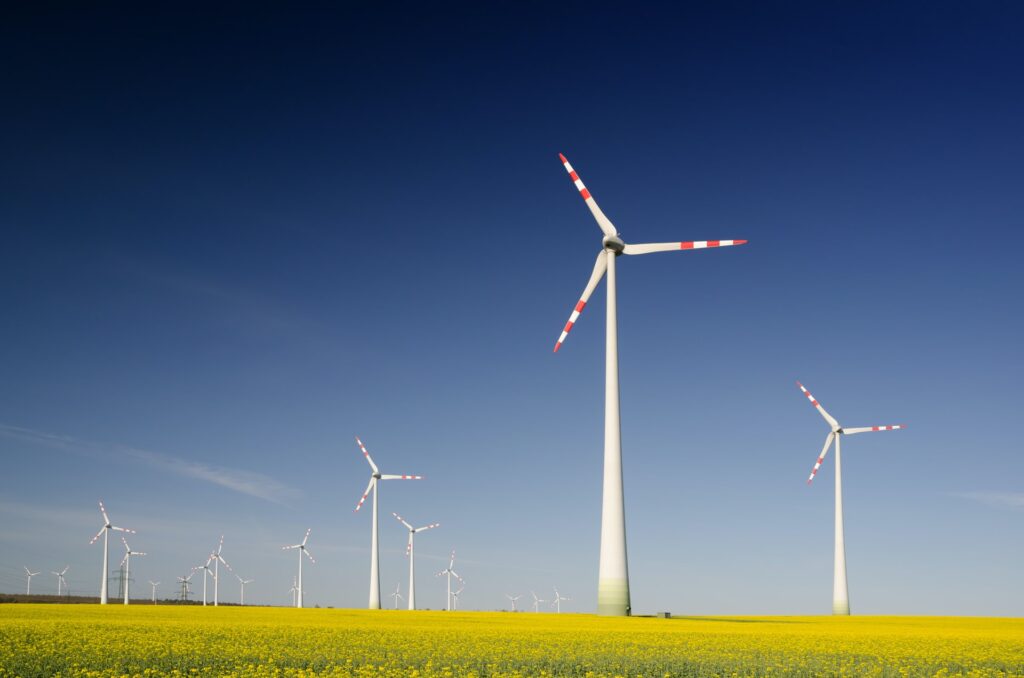A Beginner’s Guide to The Energy Industry

The energy industry encompasses the entirety of all the sectors involved in the manufacture and distribution of energy, which include petroleum exploration, production, refinement and distribution, as well as power generation and transmission. It is also a key contributor to the global energy supply, with a further focus on its use in meeting world demand in the future. In addition, the energy industry employs a wide range of people in various jobs. These include scientists and technicians, administrators and managers, as well as marketers and salespeople. There are many different areas where energy is employed, such as in wind turbines for electricity and in solar panels for energy production.
Oil plays an important role in the energy industry, with a much larger area of influence than many others. Production of oil supplies around the world accounts for around a third of the global energy supply. Production can take place in two main ways: by either using oil in the form of either solid fuel or liquid fuel (oil) or through gas and oil resources. Oil also has a much larger area of influence than other fossil fuels, with a major contribution to global climate change. As such, it is considered to be one of the most important sectors in terms of its contribution to global climate change and energy security.
As part of its contribution to climate change, the fossil fuel industry has an effect on global warming, with carbon dioxide being the largest source of global warming gases. The oil industry has to a large extent contributed to the rising levels of carbon dioxide in the atmosphere, with its use in producing energy causing a large amount of carbon dioxide to be released into the atmosphere. This in turn has had a significant impact on global climate change.
Although the growth of fossil fuels has been one of the biggest drivers of climate change, it is also one of the main contributors to the depletion of fossil fuels. As a result, the growth of the renewables such as solar power, wind power, geothermal and hydropower has been accelerated around the world. The growth of these alternative forms of renewable energy has significantly reduced the emissions produced by the traditional energy industry. Although climate change impacts are one of the biggest impacts for the traditional energy industry, the impact on the environment from the use of traditional fuels has also been greatly reduced with the use of these alternative forms.
Global warming and climate change are not the only impacts that the traditional energy industry has on the environment. One of the biggest contributors to global warming is the use of petroleum in the manufacture of petrol, diesel and other types of energy. The use of oil in these vehicles contributes to the large amounts of carbon dioxide emissions, which act as a warming agent in the atmosphere. With an increasing demand for oil around the world, this leads to an increase in the burning of fossil fuels for energy production. The burning of fossil fuels for energy production leads to the release of carbon dioxide in the atmosphere, with the methane gas produced from the coal that is used in the manufacture of oil also being released.
The slowing down of the rate of global warming and the reduction in the use of fossil fuels have helped reduce the pressure on the environment from the use of traditional fuels. There has also been considerable growth in the use of renewable forms of energy over the past years. This has led to an increase in the demand for these forms of energy around the world. The increase in demand has caused the prices of traditional fuels to fall over time. The falling price of oil and the increase in demand for the alternative forms of fuels have combined to create new opportunities for the suppliers of energy around the world to benefit from this rise in demand.



